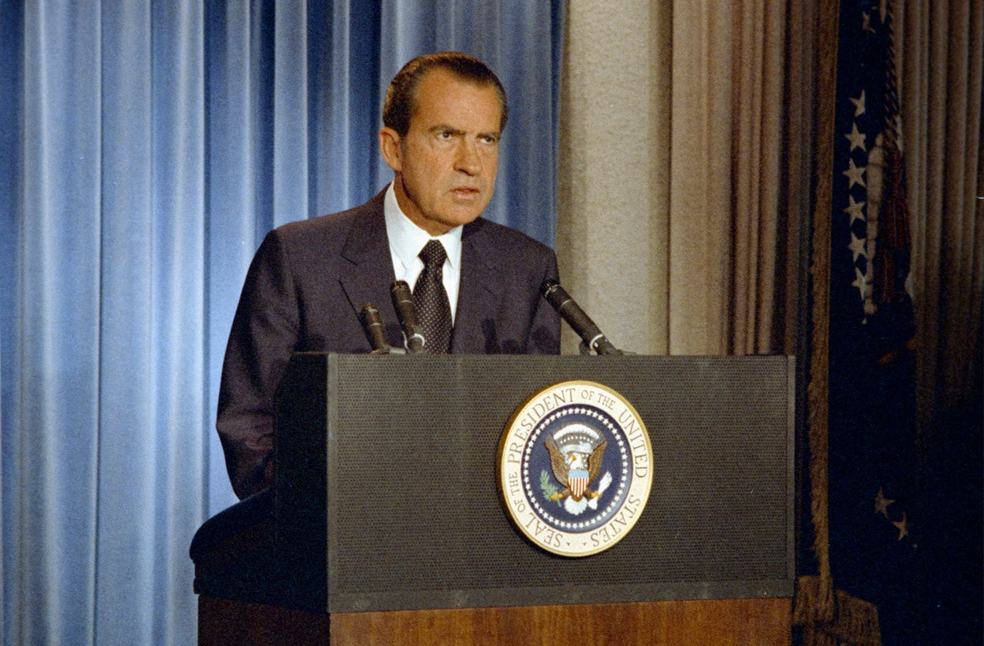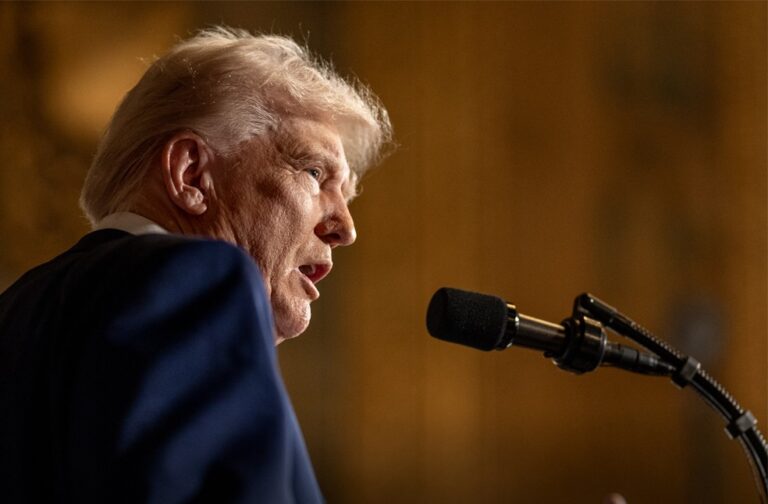Washington DC: A US federal trade court has issued a significant ruling blocking US President Donald Trump from enforcing sweeping tariffs under emergency powers granted by the 1977 International Emergency Economic Powers Act (IEEPA).
The three-judge panel from the New York-based Court of International Trade found that Trump exceeded his legal authority, concluding that the use of such emergency powers to impose tariffs was unlawful.
The court’s decision comes in response to several lawsuits arguing that Trump’s administration had unleashed economic uncertainty by relying on unilateral trade decisions driven by presidential discretion rather than congressional approval.
Read my full statement on today’s tariff lawsuit win: #orpol #tariffs pic.twitter.com/XPwPTzBwVv
— Oregon Attorney General Dan Rayfield (@ORDOJ) May 29, 2025
“The Worldwide and Retaliatory Tariff Orders exceed any authority granted to the President by IEEPA to regulate importation utilizing tariffs,” the panel wrote. While the court did not comment on the effectiveness or strategy behind the tariffs, it stated clearly that such use of IEEPA is impermissible because federal law simply does not allow it.
The Trump administration swiftly filed a notice of appeal, and White House spokesperson Kush Desai criticized the ruling, stating that, “It is not for unelected judges to decide how to properly address a national emergency.” The White House maintains that only Congress, not the courts, should evaluate the president’s judgment in declaring national emergencies for trade purposes.
The ruling sent financial markets rallying, as the US dollar surged against global currencies including the euro, yen, and Swiss franc. Wall Street futures rose, and Asian equities also showed strong gains, signaling market approval of the legal decision.
If upheld, the decision represents a major blow to Trump’s trade strategy, which hinged on using tariffs ranging from 10 percent to 54 percent as an immediate tool to pressure trading partners, reduce a $1.2 trillion goods trade deficit, and encourage domestic manufacturing. Without the use of IEEPA for instant tariff implementation, the administration would have to pursue lengthier procedures under traditional trade laws, slowing the process significantly.

The Court of International Trade, based in Manhattan, handles disputes involving international trade and customs laws. Its decisions can be appealed to the US Court of Appeals for the Federal Circuit in Washington, DC and potentially to the US Supreme Court.
At least seven lawsuits have been filed challenging the tariffs, considered the cornerstone of Trump’s trade policy. Typically, tariffs require congressional approval, but Trump argued that persistent trade deficits amount to a national emergency, giving him authority under IEEPA.
At various points, Trump imposed tariffs on imports from nearly all trading partners, including allies like Canada and Mexico and major rivals like China, citing reasons ranging from immigration control to combating synthetic opioid trafficking.
The plaintiffs, including small businesses such as VOS Selections, a wine importer that said the tariffs are threatening its survival, and a group of twelve states led by Oregon, claimed that neither the trade deficit nor related issues qualify as the type of ‘unusual and extraordinary threat’ required to activate emergency powers.

Oregon Attorney General Dan Rayfield hailed the ruling, saying that, “This reaffirms that our laws matter and that trade decisions can’t be made on the president’s whim.”
Trump’s team argued that similar actions had been allowed under President Richard Nixon in 1971, but critics pointed out that today’s trade deficits, while persistent, are not rare occurrences, they’ve been a reality for 49 consecutive years, making them neither ‘unusual’ nor ‘extraordinary.’
While Trump remained silent on Truth Social about this particular case, he did respond on the platform to a separate matter involving a lawsuit against the Pulitzer Prize Board. Meanwhile, White House Deputy Chief of Staff for Policy Stephen Miller publicly criticized the ruling, calling it evidence of a ‘judicial coup.’
The case now heads for appeal, with significant implications for presidential powers in trade, the role of the judiciary, and the legal foundation of US economic policy.



